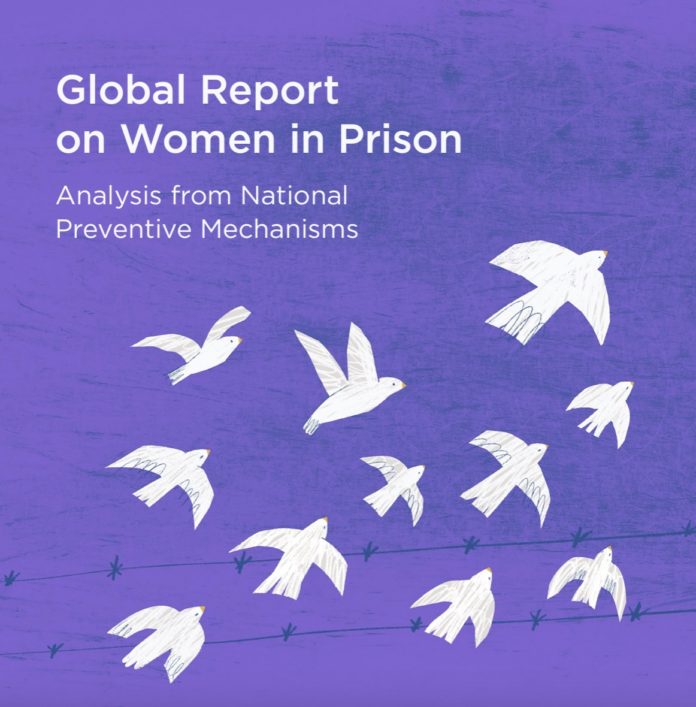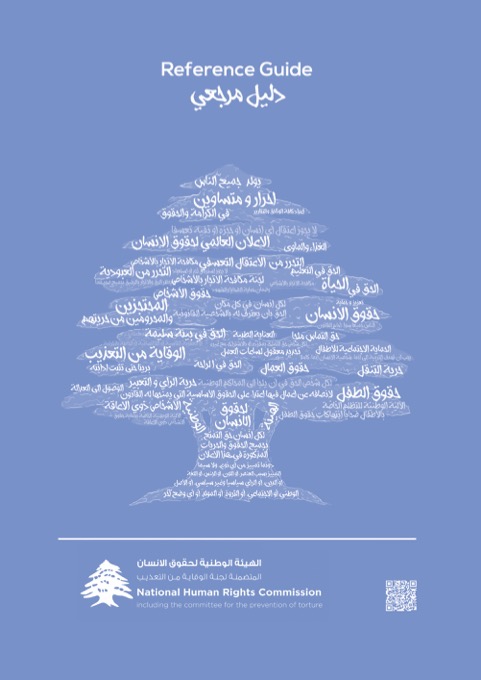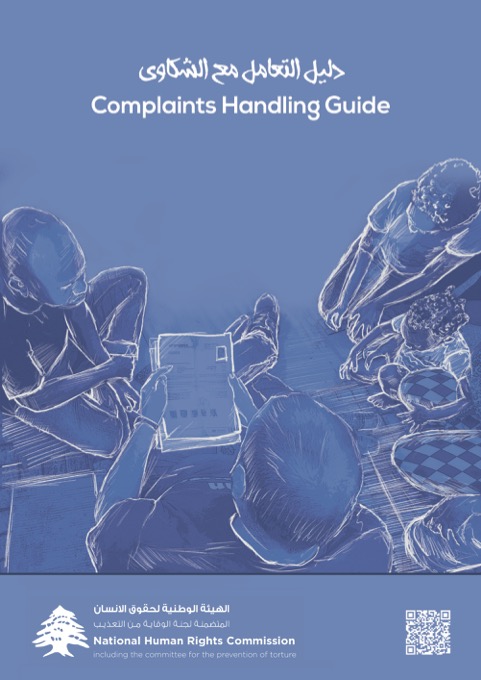هذه المقالة متاحة أيضًا بـ: العربية (Arabic)
National Preventive Mechanism (NPM) from 46 countries contributed to the development of a global report on women in prison, launched on 12 December 2024 by the Geneva-based Association for the Prevention of Torture (APT). The report highlights significant challenges and systemic discrimination faced by women in prisons around the globe, calling for urgent reforms and greater use of alternatives to detention.
Drawing on data and analysis from NPMs operating across Africa, Asia Pacific, Europe and Latin America, the report provides the first global analysis of women in prison based on the findings of NPMs, independent oversight bodies with a mandate to prevent torture and ill-treatment in all places where people are deprived of liberty.
The Global Report on Women in Prison: Analysis from National Preventive Mechanisms reveals that women, who represent a small but growing percentage of the global prison population, are often subjected to systemic neglect and discrimination.
Since the adoption in 2010 of the United Nations Bangkok Rules, which aim to address the needs of women in the criminal justice system, important progress has been made but much remains to be done to implement these standards in practice.

The report identifies several concerning themes affecting women in prison in the 46 countries reviewed, including:
Heightened risks of ill-treatment: Women face unique challenges in prison, such as humiliating and invasive body searches, inappropriate use of solitary confinement and restraints, with particularly severe impacts on pregnant women, LGBTIQ+ women, indigenous women and women with mental health conditions.
Neglect of gender-specific needs: Access to adequate healthcare, hygiene facilities and products, and mental health services often falls far short of international standards, exacerbating pre-existing vulnerabilities.
Intersectional discrimination: Foreign women, indigenous women, older women, LGBTIQ+ women, pregnant women and women from diverse ethnic and racial backgrounds face specific – and sometimes greater – risks of abuse and discrimination.
The report offers comprehensive recommendations to drive systemic change for women in prison, emphasising the crucial role of NPMs in driving reforms.
Key recommendations include:
- Implementing gender-responsive alternatives to imprisonment for women, particularly for non-violent offenses.
- Implementing alternatives to harmful or humiliating practices that can amount to ill-treatment, such as solitary confinement, use of restraints and body searches.
- Ensuring access to gender-specific healthcare and mental health support.
- Strengthening family contact through flexible visiting arrangements and communication options.
- Improving staff training on gender-sensitive approaches.
- Addressing the specific needs of women at heightened risk of ill-treatment, including pregnant women, LGBTIQ+ women, indigenous and foreign women.
The Global Report also provides good practice examples from different countries and is accompanied by individual country reports prepared by NPMs and Local Preventive Mechanisms operating in the 46 countries.
Source: Association for the Prevention of Torture (APT)


